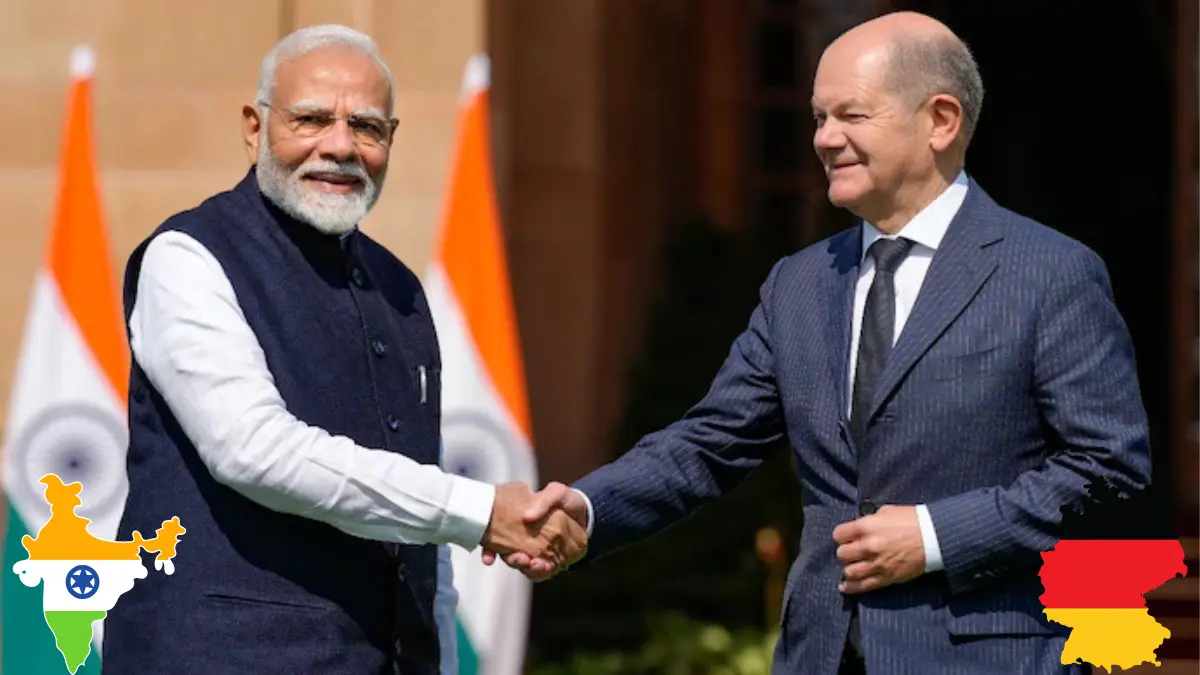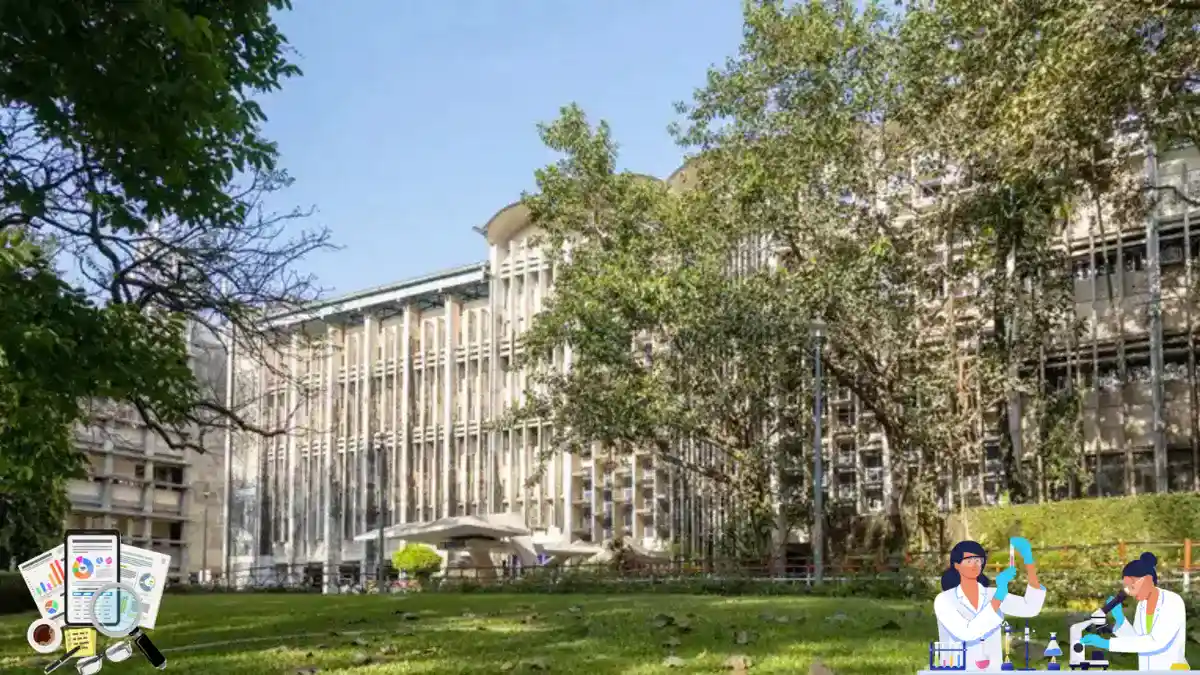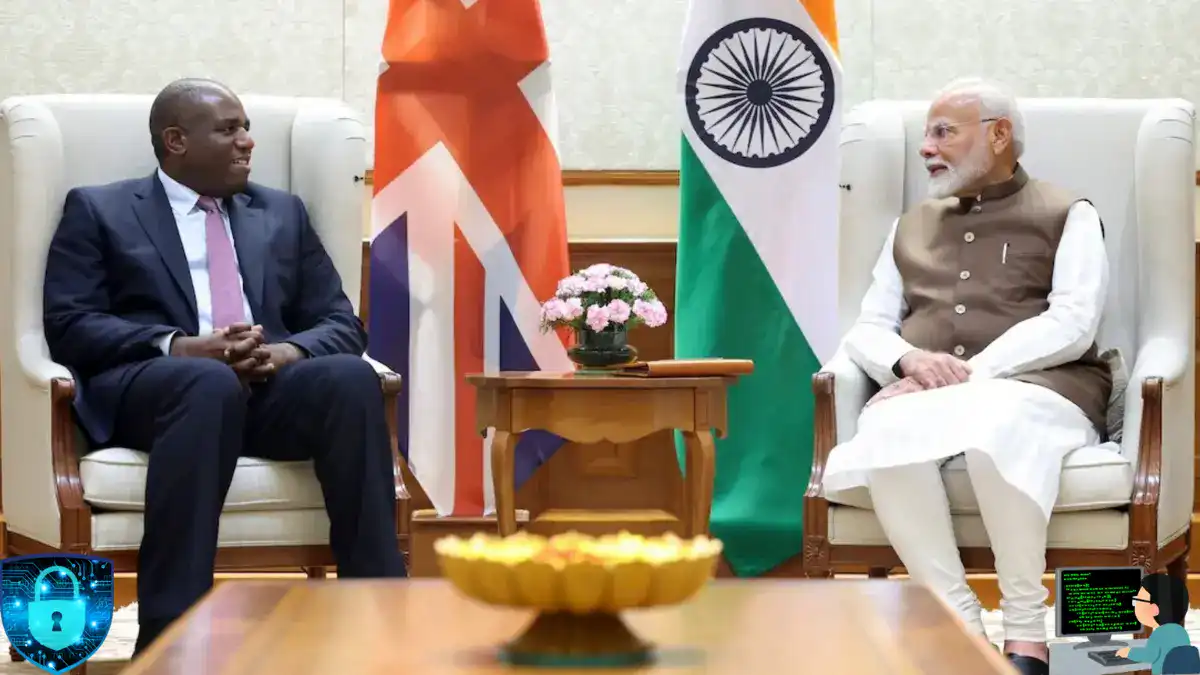
Prime Minister Narendra Modi recently met with German Chancellor Olaf Scholz, where the two leaders discussed important global issues and announced an increase in the visa quota for skilled Indian professionals in Germany. The new agreement allows 90,000 Indian workers to gain visas for skilled jobs, signaling a positive step for Indian-German relations. How will this impact Indian professionals, and what else did they discuss? Let’s dive into the details.
Germany Increases Visa Quota for Skilled Indian Professionals
During the meeting, Germany announced it would raise its visa quota to allow up to 90,000 skilled Indian professionals to work in the country. This move is expected to open up more opportunities for Indians seeking work in Germany, especially in fields like IT, engineering, and healthcare, where skilled professionals are in high demand. With Germany’s aging population and need for skilled workers, this decision benefits both countries, providing Germany with a larger workforce while creating new career paths for Indian professionals.
Many young Indians are looking forward to the possibilities this visa increase will bring, as it opens up new avenues for career growth and experience in Germany. For students and workers aiming to work abroad, this quota increase marks a valuable chance to explore international opportunities.
PM Modi and Scholz Address Global Concerns
Aside from the visa announcement, PM Modi and Chancellor Scholz discussed a range of global issues, focusing on concerns over current global conflicts. Both leaders emphasized the importance of peaceful negotiations and cooperation among nations to address these challenges.
They highlighted the need for a unified approach to tackle problems such as economic instability, climate change, and energy security. By addressing these issues together, India and Germany hope to support a stable and peaceful international environment. This dialogue reflects a commitment to responsible leadership on the world stage, where both nations can play a role in promoting peace and cooperation.
Strengthening India-Germany Bilateral Cooperation
The meeting also focused on strengthening India-Germany bilateral ties in other areas, including technology, green energy, and education. Both leaders recognized the importance of working together in these sectors to create a positive impact on their economies and societies.
India’s growing economy and technological advancements align well with Germany’s expertise in manufacturing and green energy. PM Modi and Chancellor Scholz discussed potential projects and collaborations in renewable energy sources like solar and wind power, which are crucial for reducing global carbon emissions. Through this cooperation, both nations aim to advance in creating sustainable and eco-friendly technologies.
Impact of the New Visa Quota on Indian Workers and Families
The increase in visa quotas for skilled professionals has sparked excitement among Indian workers, especially those in technology and engineering fields. For many Indian families, this development is seen as an opportunity to achieve better job prospects and a higher quality of life. Skilled workers who secure jobs in Germany often have the chance to gain valuable international experience, improve their skills, and contribute to Germany’s economy.
This increase in skilled worker visas also means that families can experience a new culture and lifestyle in Germany, enriching their lives and broadening their perspectives. For those looking to work abroad, Germany’s welcoming stance on skilled workers brings hope and new opportunities for personal and professional growth.
What’s Next for India-Germany Relations?
This meeting between PM Modi and Chancellor Scholz is a sign of strong and growing relations between India and Germany. The visa quota increase is expected to encourage more skilled Indian workers to explore job opportunities in Germany, benefiting both economies.
Looking ahead, both leaders aim to continue working on projects that can strengthen their partnership and address shared global concerns. With increased cooperation in areas like technology, green energy, and education, the future of India-Germany relations looks promising and beneficial for both nations. This collaboration brings new possibilities and strengthens the bond between India and Germany, creating a foundation for a more prosperous and peaceful world.




